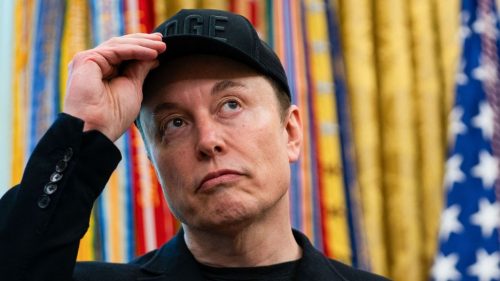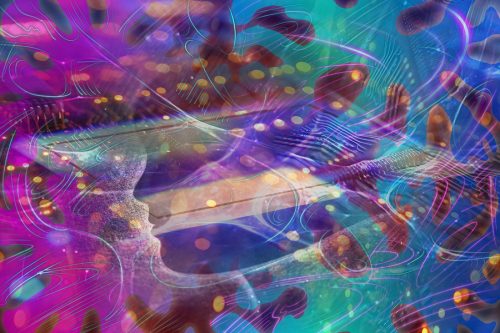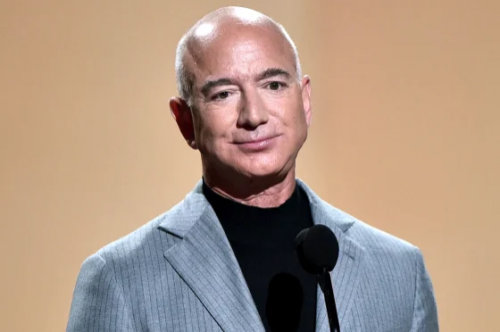Nguyen Anh Tuan
While writing a proposal for the Democratic Alliance on Digital Governance (DADG) and developing the Social Contract 2020, a New Social Contract in the Age of AI, I conceived an idea: to upgrade civil society to intellectual society.
It will function like civil society, however Intellectual Society will be a watchdog, monitor society by intellectuals and will contribute social services by intellectuals, with assistance from AI. People of intellectual society have the knowledge, intellect, and strength to contribute to society, as well as monitoring and judging governments, companies, congress, and courts. In the Age of AI, we have great tools to support this mission, and intellectual society must monitor and manage the risks and perils of AI. Furthermore, intellectual society can contribute new economic models by using AI to improve problems in the distribution of income, voice and influence of big brains, thinkers and notable personalities in society.
In the Age of AI, citizens need to survive with new knowledge and ways of thinking. AI World Society can provide educational apps, as well as, easy and quick learning for every individual. AI can assist citizens in becoming intellectuals and when citizens become intellectuals, they will make an intellectual society.
With good education, citizens can understand common values, values of people, standards, etc., and develop critical thinking. They can make more well informed decisions and they can identify fake news and disinformation, thus making it difficult to lie to them.
Governments should design policy with the following goal in mind: all citizens are educated through a basic program for a citizen in the Age of AI.
1. What is an Intellectual Society?
– An upgrade from civil society: organizations of civil society with good education, knowledge, and intellect so that they can contribute good actions, initiatives, and solutions to solve social issues.
– They are thinktanks, intellectual networks, actionable organizations who respect and apply the Social Contract 2020, A New Social Contract in the Age of AI, all of them have intellect and knowledge, and are assisted by AI in decision-making. Influencers who have intellect can see an independent organization of intellectual society.
2. Role and contribute in society, what is its power?
– As House of Representative: vote and raise voice about political decisions and submit bill and laws to Senate.
– Monitor governments and other power centers.
– Generate concepts, models, initiatives, and solutions to solve social issues.
– Take actions to address social problems.
– Intellectual Society is one of seven branches of power, and will do close a congress, or national assembly. 7 Centers of power: 3 centers are three branches of Government (Executive Branch, Legislative Branch, Judicial Branch), Business Sector, Intellectual Society, Influencers, AI Assist Coop.
3. How do they operate, how to evaluate their effectiveness?
– Register by laws and regulations.
– Evaluate by results: transparency of their work and results.
– They have the right to connect and contribute to society and governments; business sector has to be monitored by intellectual society.
– Monitoring and Intellectual Board: Supervisor of laws, accords, standards; generate initiatives as the legislative branch. Create laws and accords.
– Intellectual Society will join to make and run Monitoring and Intellectual Board (AI-Congress)
4. How to build the Intellectual Society?
– Education: all citizens have basic intellectual education. Governments have to design policies with the following goal in mind: all citizens are educated through a basic program for a citizen in the Age of AI.
– Issue laws and regulations to punish people and organizations that deliver fake news, disinformation, and cyberattacks as serious criminals.
– Finance and exchange values: organizations with initiatives, solutions, or projects can get financial support and have their values recognized which would lead to the exchange of values and use of new services and products.
– New AI economy model to improve unreasonable distribution of income, voice, influence of big brains, thinkers, and notable personalities in society.
5. How can AI support Intellectual Society?
– Education to citizens to help them have basis for intellect.
– Assist in decision-making by using causal inference methodology.
– Help to create systems for Global Monitoring, Global AI-Citizen using Causal Inference Methodology.
– New model of AI economy: make the economy more equitable, everyone who has contributed to society or the economy should be able to lead a life with dignity and values should be exchanged directly. AI can make a system to recognize contributions, a system can directly deliver value of innovations, creativities, products, services to people, including financial services. Financial people cannot get rich more easily than innovators, creators, founders, inventors, or thought leaders
– A system that recognizes noble, honest, and good people, but also dishonest people. Now, in social media, and civil society, everyone can contribute to discussions but with this come many problems. Intellectual Society needs to build an AI system that can identify valuable voice and help to identify noble, honest, good people, as well immoral and dishonest people. The Casual Inference Methodology of Judea Pearl can also be applied.
– Directly deliver and develop products and services of innovators, creators, and founders to users; and to make a mechanism that governments cannot use huge markets to make it difficult for companies, eg. ask companies to meet unfair requirements, and abuse huge markets to foment totalitarian power such as what China is doing. Through this method, governments can promote innovations, creativities, inventions, and contributions.
This is one of the first ideas and concepts of the Intellectual Society. I will continue develop with more details, and I am open to feedback from your comments to create a better version in July 2020.










